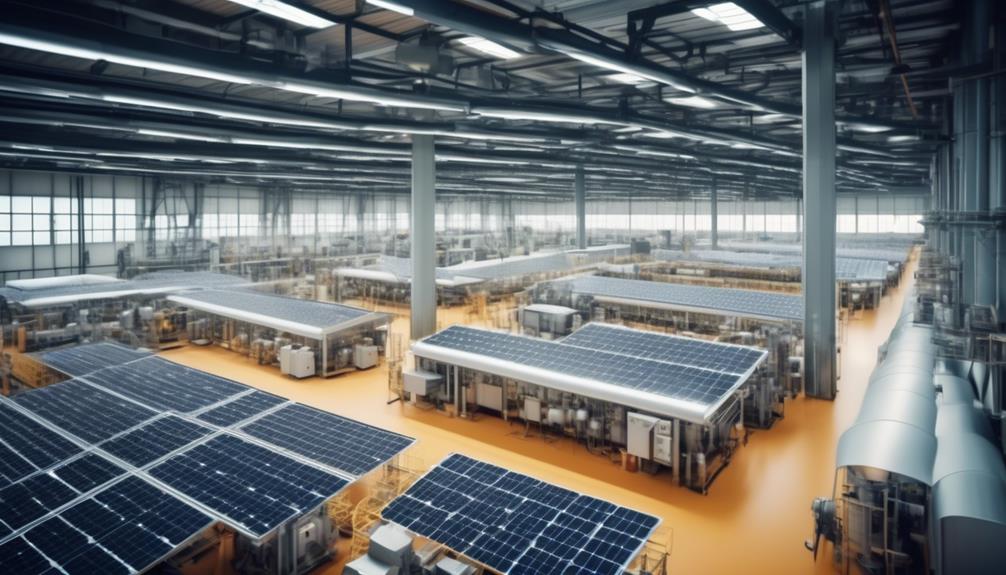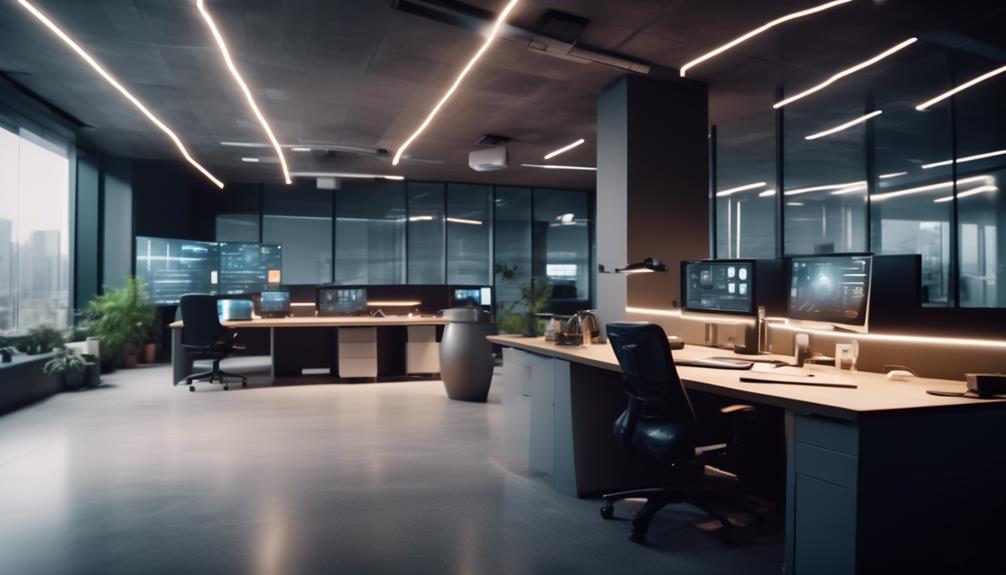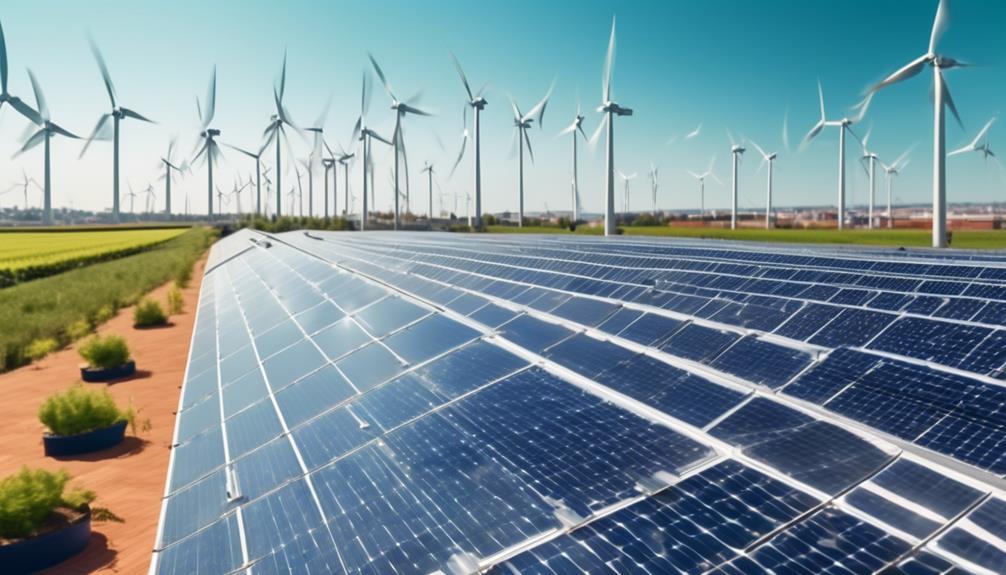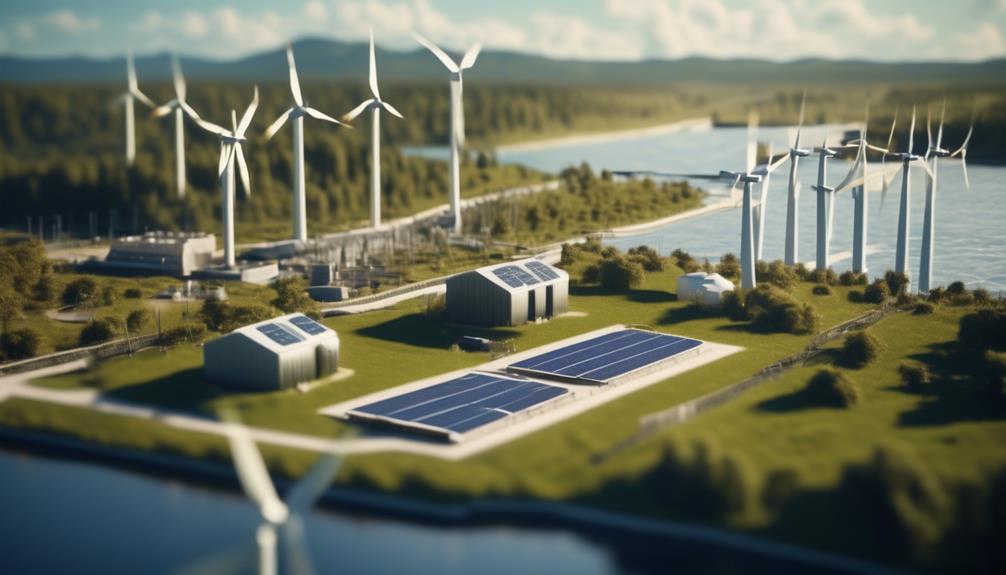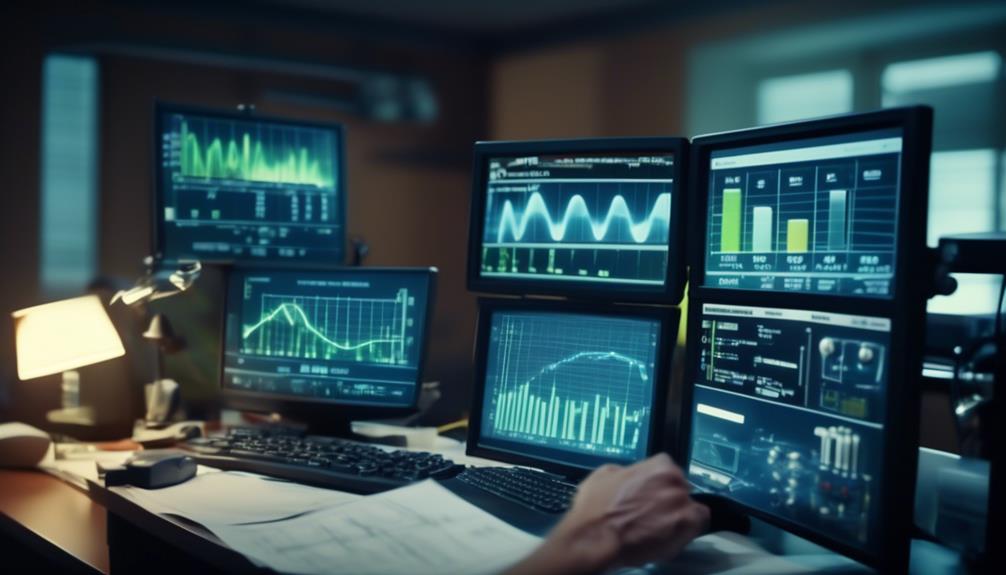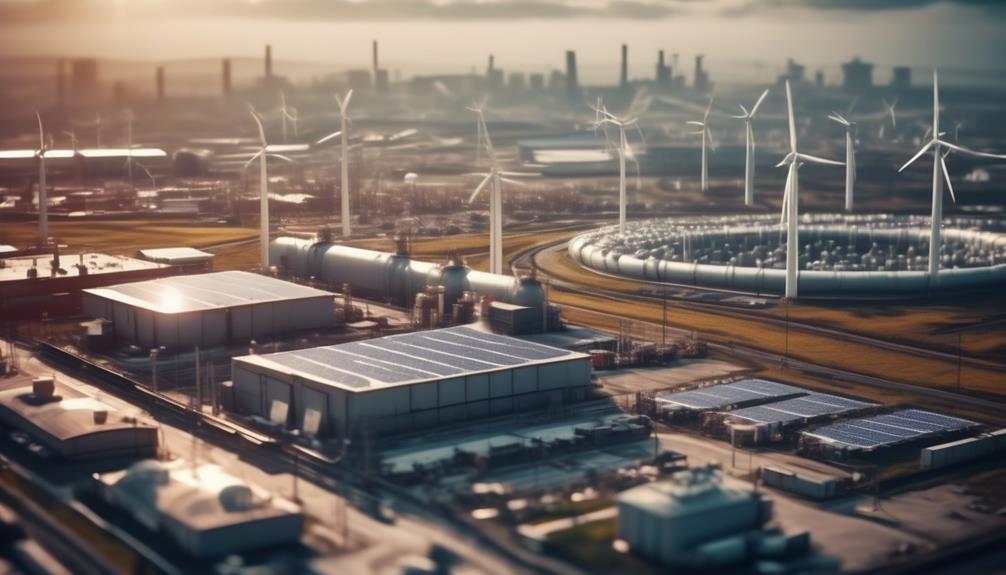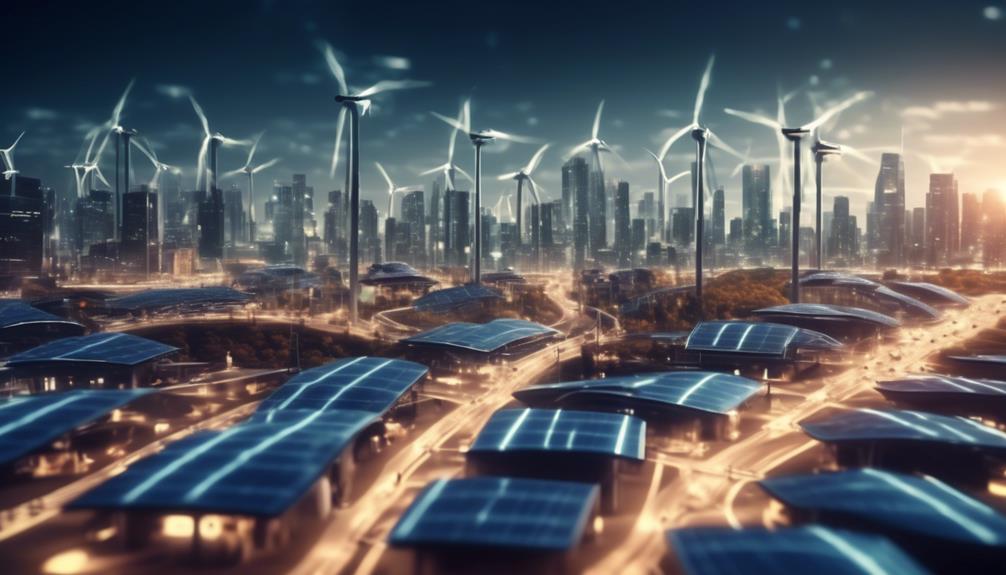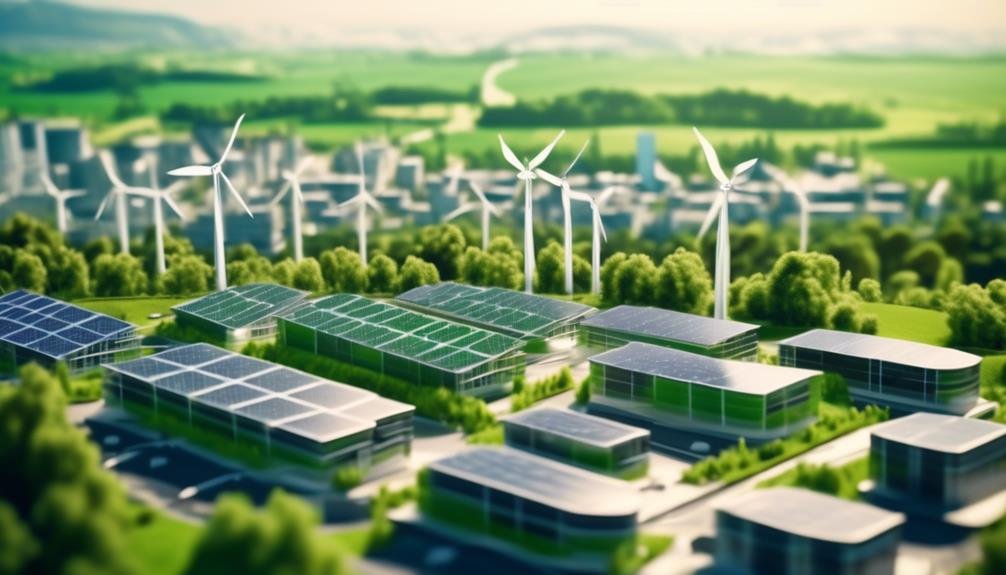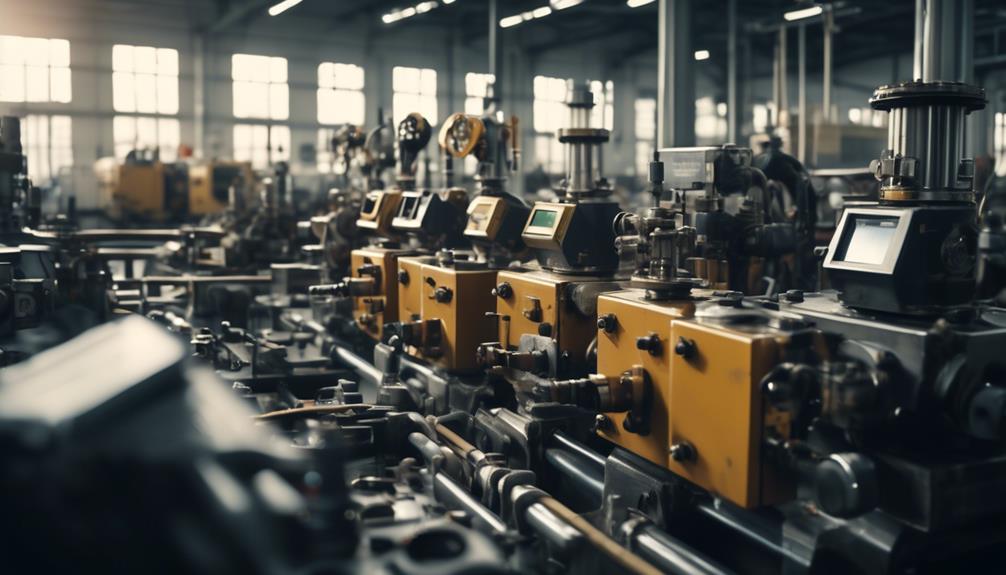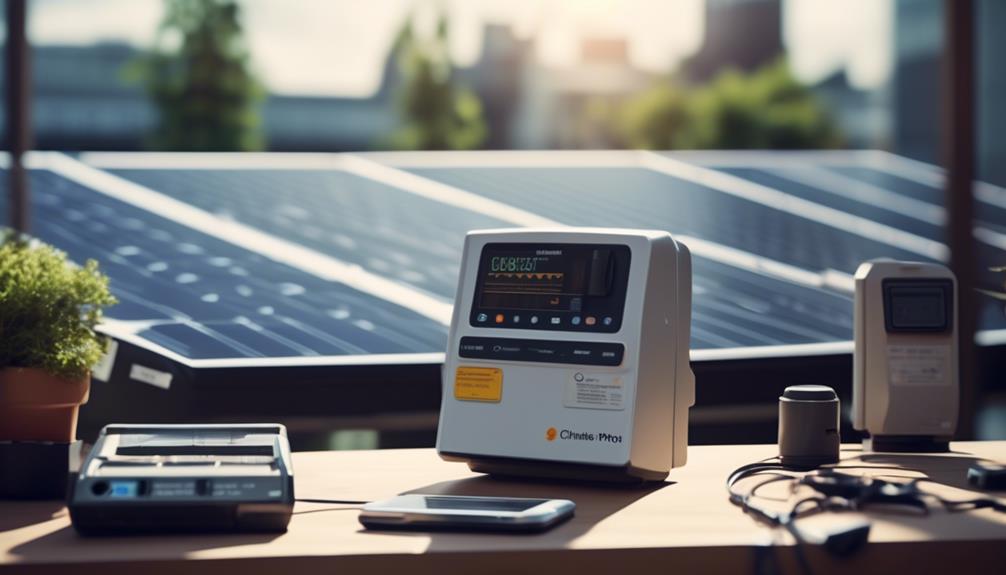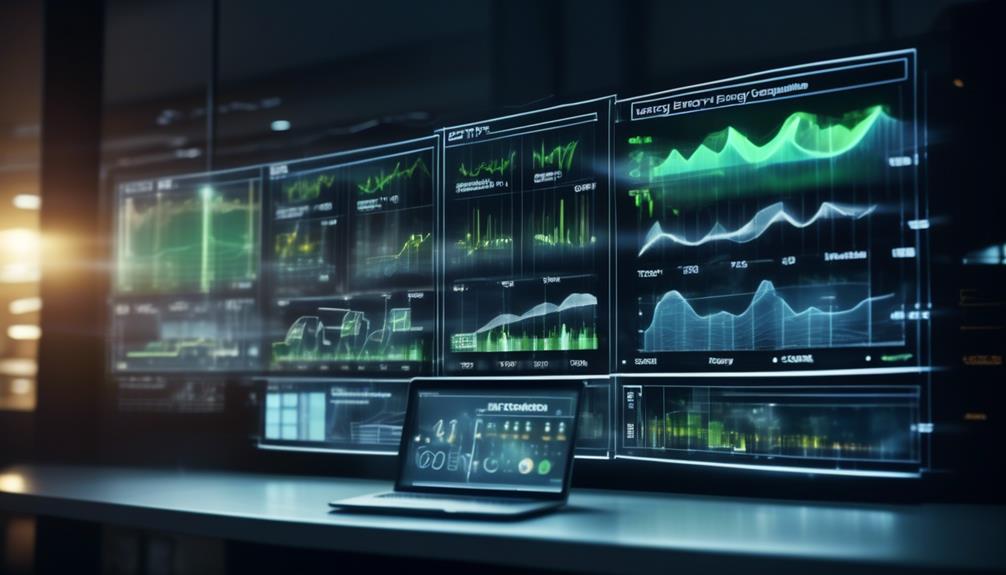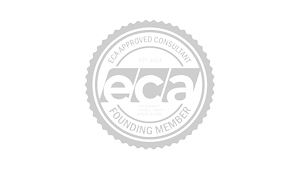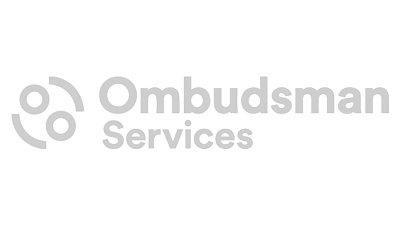In the fast-paced world of business, where margins are tight and competition is fierce, efficiency is not just a buzzword—it’s a survival strategy. You’re likely on the lookout for ways to trim costs and boost your operational efficiency, and you’ve probably heard that embracing technology is a key part of that journey. However, navigating the maze of emerging technologies, from advanced LED lighting to solar energy solutions and geothermal systems, can be daunting.
The promise of reducing your environmental footprint while also enhancing your bottom line is compelling, but where do you start?
With years of experience diving deep into the realm of sustainable business operations, we’ve seen first-hand the transformation that intelligent energy management can bring. Tailoring our insights to the unique challenges and opportunities businesses face today, we’re here to guide you through the latest technological advancements. These innovations aren’t just about going green—they’re about reshaping the way you operate for maximum efficiency and profitability.
As we explore these cutting-edge technologies together, rest assured that the path to a more energy-efficient and competitive future for your business is within reach. Keep reading to discover how these advancements can revolutionise your approach to energy management, promising not only a smaller environmental footprint but also a stronger bottom line.
LED Lighting for Energy Efficiency
LED lighting is a fundamental aspect of business energy efficiency, offering a more cost-effective and sustainable alternative to traditional lighting solutions. The importance of energy efficiency cannot be overstated, especially in the context of reducing energy consumption and costs.
LED lights are known for their energy-efficient properties, consuming significantly less power than traditional lighting options. By integrating LED lighting, businesses can reduce their energy consumption, resulting in substantial cost savings over time.
Not only do LED lights reduce energy costs, but they also contribute to creating a more comfortable and efficient workspace for employees. The technology is easy to install and maintain, making it an attractive long-term solution for businesses.
Furthermore, when combined with energy management systems, such as digital energy management systems, smart energy, and energy storage systems, LED lighting becomes an integral part of a comprehensive energy efficiency strategy.
Additionally, integrating renewable energy sources with LED technology can further enhance the overall energy efficiency of businesses, making it a crucial component of modern energy solutions.
Solar Energy Integration for Businesses
Solar energy integration for businesses presents a viable and sustainable solution for reducing carbon footprint and enhancing energy efficiency. By harnessing solar power, businesses can significantly reduce their reliance on traditional energy sources, thereby contributing to a greener future. Seamless integration with renewable energy sources not only reduces carbon footprint but also offers a cost-effective option for businesses of all sizes.
| Advantages of Solar Energy Integration | Benefits |
|---|---|
| Reducing energy costs | Decreased operational expenses |
| Environmental impact | Reduced carbon footprint |
| Smart grid systems | Enhanced energy management |
| Internet of Things (IoT) | Integration with digital platforms for efficient monitoring |
Integrating solar energy into business operations also opens the door to energy storage solutions, further enhancing energy management. With the ability to monitor renewable energy sources, businesses can exert greater control over their energy usage and reduce their environmental impact. This combination of factors makes solar energy integration a compelling choice for businesses seeking to improve their energy efficiency.
Geothermal Heating and Cooling Systems
Integrating geothermal heating and cooling systems into business operations offers an energy-efficient solution for maintaining consistent temperature control and achieving long-term cost savings.
These systems harness the Earth’s stable underground temperature to efficiently heat and cool buildings. A loop of pipes buried in the ground absorbs heat, which is then transferred to the building through a heat pump. This process provides a reliable and sustainable method for maintaining optimal indoor temperatures.
Geothermal systems are highly efficient and cost-effective in the long term, making them a valuable investment for businesses looking to optimise energy usage and reduce energy costs.
Energy-Efficient Appliances and Insulation
Businesses seeking to optimise energy usage and reduce costs can further enhance their energy efficiency by investing in energy-efficient appliances and insulation, complementing the benefits of geothermal heating and cooling systems.
- Energy-efficient appliances: Upgrading to energy-efficient appliances, such as LED lighting and energy-efficient HVAC systems, can significantly reduce electricity costs while creating more comfortable and efficient workspaces. These appliances not only reduce energy consumption but also contribute to the overall sustainability of the business.
- Insulation: Energy-saving insulation materials play a crucial role in controlling energy consumption by providing a barrier for trapping heat in winter and cool air in summer. This, in turn, reduces the load on heating, ventilation, and air conditioning systems, leading to lower energy costs.
- Cost-effective sustainability: Investing in energy-efficient appliances and insulation is a cost-effective way for businesses to increase energy efficiency and sustainability. It not only helps in reducing energy consumption but also contributes to a smart carbon footprint strategy, aligning with the growing trend towards sustainable business practices.

